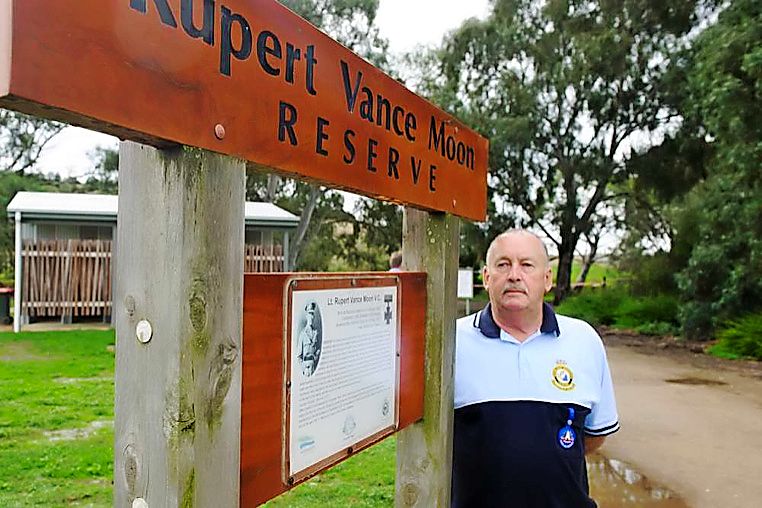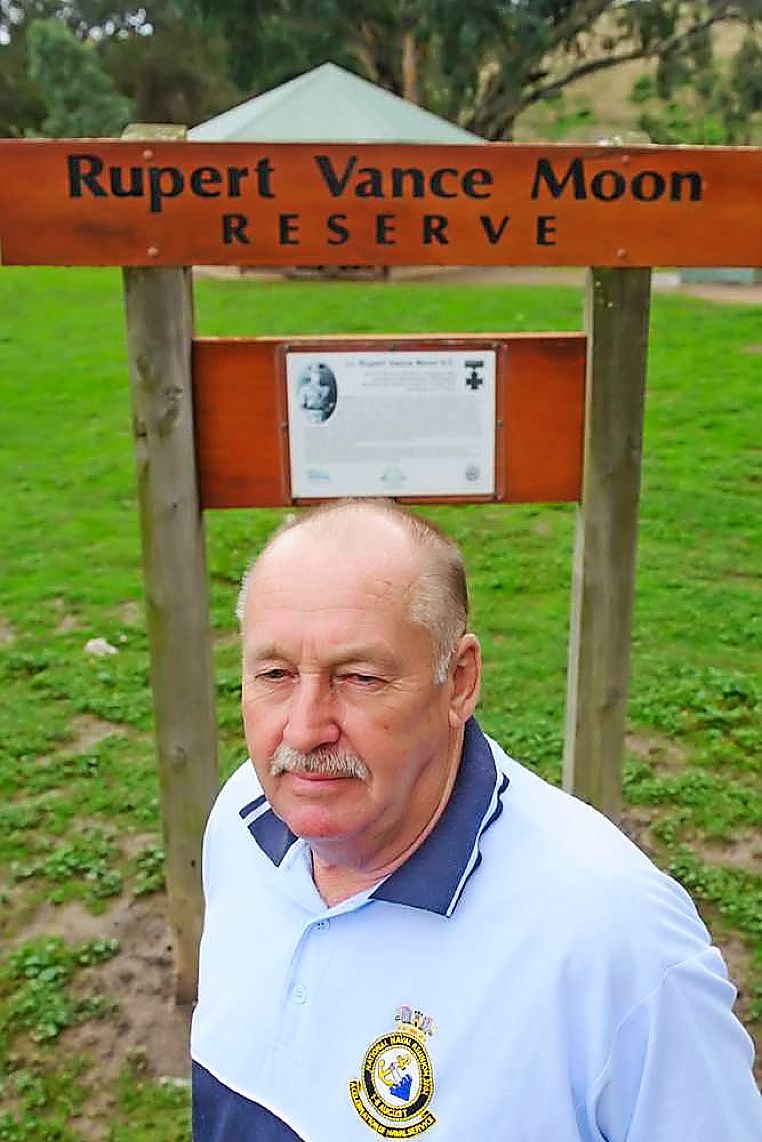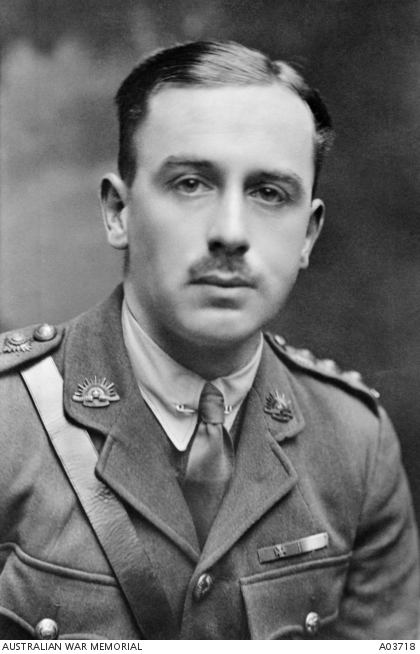
Rupert “Mick” Moon was once described as being “too difficult for command”. But it was this tenacity that defined his success in the military during World War I.
Affectionately known as “the son of Bacchus Marsh”, Moon lead the 58th infantry battalion to an enemy strongpoint (Hindenburg Line) in Bullecourt, France, on May 12, 1917, where they captured 184 Germans, two officers, several machine guns and the enemy trench.
During the attack, Moon was wounded four times but each time continued to lead his men and refused medical attention until he was sure the job was done.
“We would have followed him anywhere,” one of his men later said. “He was that game.”
It was for this act of bravery that Moon was awarded the highest accolade for gallantry, the Victoria Cross.
“His bravery was magnificent,” the award citation stated. “And was largely instrumental in the successful issue against superior numbers, the safeguarding of the flank of the attack, and the capture of many prisoners and machine guns.”

One hundred years since the Hindenburg Line success, the Bacchus Marsh RSL and Bacchus Marsh Great War Centenary Committee will unveil a commemorative paving stone and new sign to honour Moon at the Rupert Vance Moon Reserve.
Committee secretary Geoff Threlfall said the current sign looked “shabby” and doesn’t mention Moon’s Victoria Cross.
“He is Bacchus Marsh’s only VC awardee so we want to honour him correctly and make sure his memory still lives on,” Mr Threlfall said. “He is the famous son of Bacchus Marsh.”
In March 1918, Moon was sent back to Australia to recover from the wounds he sustained in the May 12 attack.
Less than six months later, he rejoined the 58th Battalion and served in the Western Front at Mont St Quentin. He returned to Australia in October 1919.
Moon, who was a bank clerk by trade, had many jobs before settling in Geelong and marrying Susan Alison May Vincent in 1931.
He died at his Barwon Heads home in 1986 and is survived by his two children, who will be at the unveiling of the stones and commemorative sign at the Rupert Moon Reserve, Saturday, May 6, 10.30am.
A dedication ceremony will follow at the Bacchus Marsh RSL. For more information, visit bmgwcc.com.









